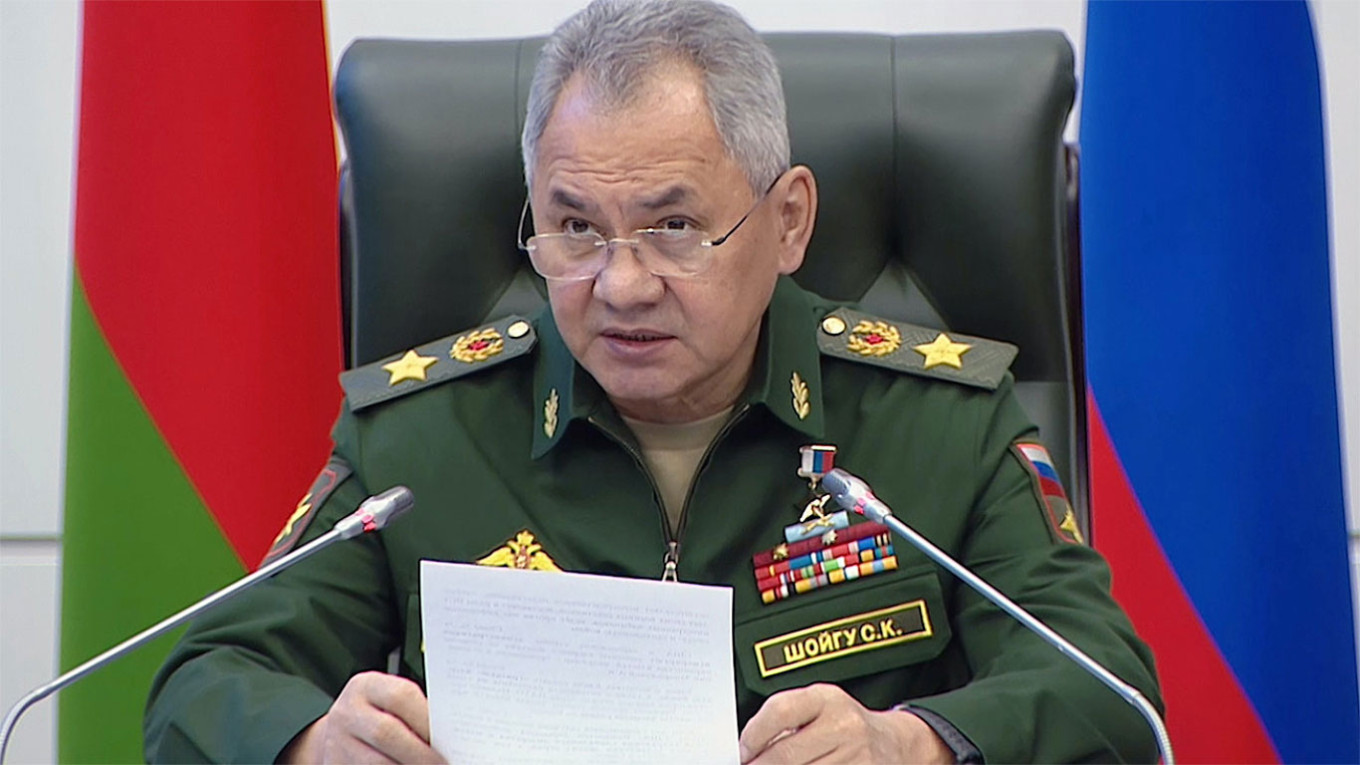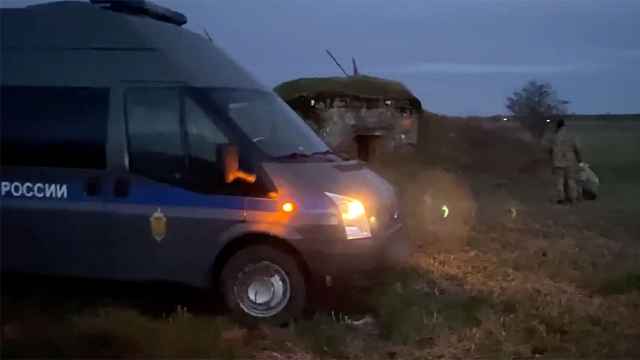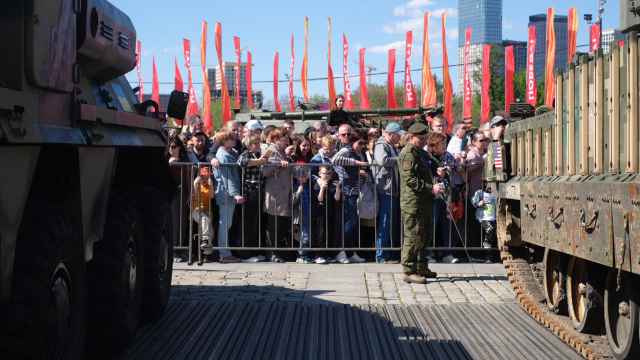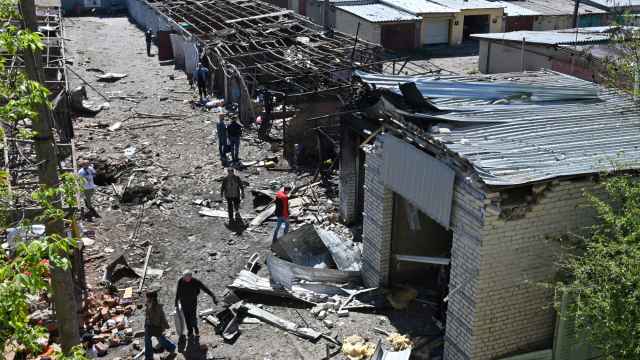Grain ships left Ukraine's ports on Thursday, a day after Russia rejoined an international agreement to guarantee their safe passage through the Black Sea.
But Russia said it had yet to decide whether to extend the grain deal beyond Nov. 19 — the renewal date set in the agreement.
"Before making a decision on an extension, we will need to give an overall assessment of the effectiveness of the deal," President Vladimir Putin's spokesman Dmitry Peskov said.
Russia on Saturday temporarily pulled out of the deal, accusing Ukraine of using the safe shipping corridor to launch a drone attack on its Black Sea fleet.
Ukraine has denied this, accusing Russia of using a "false pretext" to quit the deal.
Moscow's move drew global condemnation.
The United Nations emphasized the importance of the deal for global food security, particularly for countries in the developing world dependent on Ukrainian food imports.
The UN's coordination center for the grain deal said seven vessels carrying a total of 290,102 metric tonnes of grain and food products were transiting through the shipping corridor on Thursday.
Ukraine is one of the world's biggest grain producers and the Russian invasion had blocked 20 million tons of grain in its ports until the UN and Turkey brokered the agreement.
'Words that Putin understood'
Russia's Defense Ministry on Wednesday said it had received "sufficient" guarantees from Kyiv that it would not use the corridor to carry out attacks.
In Kyiv, foreign ministry spokesman Oleh Nikolenko said Ukraine had offered no additional guarantees beyond the ones already in the deal signed in July.
"Ukraine has never endangered the grain route," he said on Facebook, indicating Moscow had rejoined the agreement thanks to "active diplomacy" by the UN and Turkey.
"In coordination with Ukraine, they found words that (Russian President Vladimir) Putin understood," he said.
Ukraine's President Volodymyr Zelensky said Wednesday the resumption of the deal was "a significant diplomatic result for our country and the whole world."
Russia's call for guarantees showed "both the failure of the Russian aggression and how strong we are when we remain united," he said.
'I feel less lonely'
The frontlines in eastern and southern Ukraine have remained broadly static in recent days but Russian missile strikes on energy facilities across the country have led to widespread blackouts as winter looms.
In parts of the south recently recaptured by Ukrainian troops, volunteers said they were concerned by the numbers of residents returning despite the dangers.
"It would be a lot easier if these people were not out here," said Yulia Pogrebna, a 32-year-old volunteer giving out boxes of food to pensioners in the village of Lymany.
"But how can you ask someone who has lived in one place for 70 years — where they know every blade of grass — to leave? Especially if they have nowhere else to go."
Natalia Panashiy, 54, a community leader, said: "Of course it is too early for them to be coming back.
"But I am glad that they are because now I feel less lonely out here."
A Message from The Moscow Times:
Dear readers,
We are facing unprecedented challenges. Russia's Prosecutor General's Office has designated The Moscow Times as an "undesirable" organization, criminalizing our work and putting our staff at risk of prosecution. This follows our earlier unjust labeling as a "foreign agent."
These actions are direct attempts to silence independent journalism in Russia. The authorities claim our work "discredits the decisions of the Russian leadership." We see things differently: we strive to provide accurate, unbiased reporting on Russia.
We, the journalists of The Moscow Times, refuse to be silenced. But to continue our work, we need your help.
Your support, no matter how small, makes a world of difference. If you can, please support us monthly starting from just $2. It's quick to set up, and every contribution makes a significant impact.
By supporting The Moscow Times, you're defending open, independent journalism in the face of repression. Thank you for standing with us.
Remind me later.






